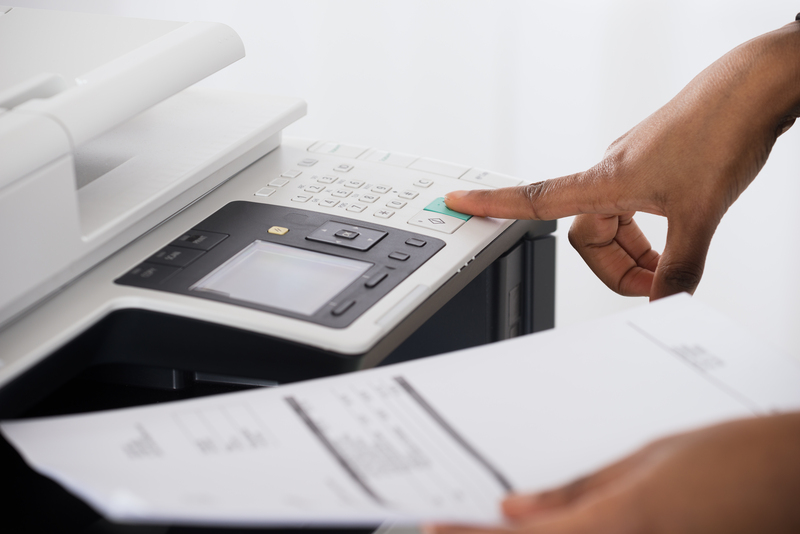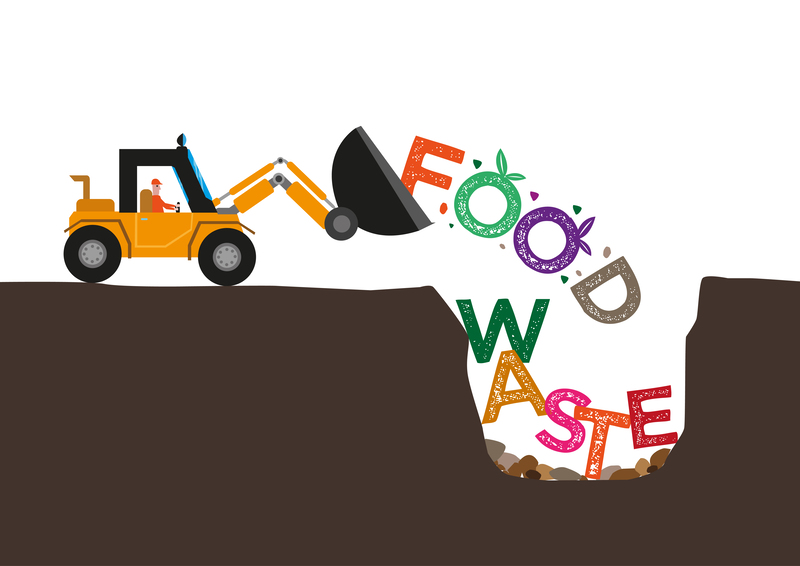Waste Management Innovations for Offices
Effective waste management is crucial for modern offices aiming to achieve sustainability and environmental responsibility. Advances in technology and innovative solutions have ushered in new ways to manage, reduce, and recycle waste in office environments. This article will explore some of the latest waste management innovations suitable for office settings, tips for implementation, pros and cons, and key takeaways.
Smart Bins
Smart bins represent an advancement in waste management technology. These bins are equipped with sensors that can detect the type of waste being disposed of, segregate it accordingly, and provide data analytics for better waste management practices.

Composting Solutions
Composting organic waste within the office can significantly reduce the amount of waste sent to landfills. Office composting solutions, such as compost bins or worm farms, transform organic waste like food scraps and paper towels into valuable compost for gardens and plants.
Recycling Programs
Establishing robust recycling programs is another critical aspect of waste management in offices. This involves not just the collection of recyclables but also education initiatives to encourage employees to follow recycling guidelines. Innovations like single-stream recycling bins make it easier for employees to discard recyclables without the need for thorough sorting.
E-Waste Management
Offices often generate a significant amount of electronic waste, including outdated computers, printers, and other devices. Innovations in e-waste management provide solutions for safely disposing of and recycling these electronics, ensuring they don't end up in landfills where they can cause environmental harm.
Paperless Solutions
Reducing paper usage is a straightforward yet effective way to minimize office waste. Implementing paperless solutions like digital document management systems and electronic signature tools can significantly cut down on paper consumption.
Reusable Office Supplies
Promoting the use of reusable office supplies such as mugs, water bottles, and even pens can play a significant role in reducing waste. Encouraging employees to use these items helps create a culture of sustainability within the office.
Pros and Cons of Waste Management Innovations
Pros:
- Environmental Benefits: Reduces waste, lowers carbon footprints, and promotes sustainability.
- Cost Savings: Implementing smart waste management solutions can lead to long-term cost savings by reducing the amount of waste disposal and recycling costs.
- Data Analytics: Improved waste tracking and data analytics help in better waste management strategies.
Cons:
- Initial Investment: Some technologies require significant initial investment which may be a barrier for small offices.
- Maintenance: Continuous maintenance and monitoring are required for some systems to remain effective.
- Training: Employees need to be educated and trained on new systems, which can take time and resources.
Tips for Implementing Waste Management Innovations
- Conduct a Waste Audit: Understand the types and quantities of waste your office generates to tailor your waste management strategy.
- Start Small: Begin with simple initiatives like setting up recycling bins before moving on to more complex solutions.
- Engage Employees: Educate and involve employees to foster a culture of sustainability and ensure everyone participates in waste management efforts.
- Leverage Technology: Use smart waste management systems to track and reduce waste more effectively.
- Partner with Vendors: Work with waste management vendors who can provide services like e-waste recycling or organic waste composting.

Key Takeaways
- Innovative waste management solutions can significantly enhance sustainability and reduce environmental impact in office settings.
- Smart bins, composting solutions, and robust recycling programs are essential components of an effective waste management strategy.
- While the initial investment may be high, the long-term financial and environmental benefits make waste management innovations worthwhile.
- Employee engagement and education play a critical role in the successful implementation of waste management practices.
Conclusion
Embracing waste management innovations is more than a corporate responsibility; it's a step towards a sustainable future. By adopting smart bins, composting solutions, recycling programs, and other innovations, offices can significantly reduce their environmental footprint. Although these innovations require initial investment and continuous effort, the long-term benefits make them an essential component of modern office management.

